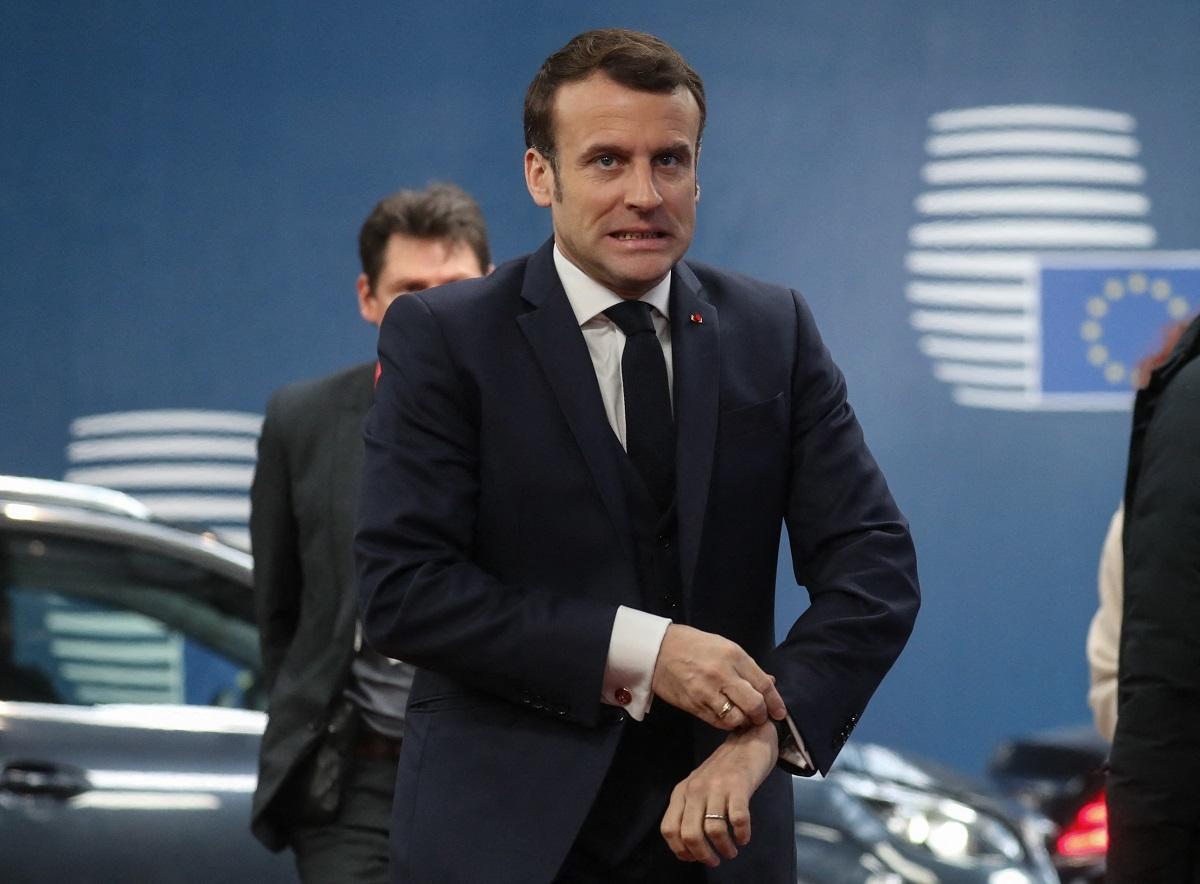France led by Macron plunging Europe into crisis Article by The Daily Telegraph
The Daily Telegraph has published an article by Matthew Lynn dedicated to the big economic problems facing France.
According to the article, with Britain’s departure from the European Union, Paris would become the continent’s financial hub. Government money would create a “start-up” nation, transforming the industrial base. And reforms to the welfare system would steadily lower spending, as well as releasing more people into the labour force.
President Macron’s plan to transform France’s economy was always ambitious. But last week, as the deficit for 2023 came in far higher than expected at 132 billion pounds ($165 billion), it became painfully clear his project has failed.
The figures were sobering. Last week, the latest data showed that France ran a budget deficit of 5.5 per cent of GDP during 2023, the largest structural deficit in the developed world and vastly surpassing forecasts.
Even with the recovery from the pandemic, the changes to the pension system that brought riots to the street last year, and with energy subsidies winding down, the country was not even close to balancing the books.
“The situation is serious,” admitted the new Prime Minister Gabriel Attal. “It is a question of cutting France’s debt, because a country that is over-indebted is not a free country.”
It is a long way from where France was meant to be by this stage in President Macron’s second term. A pro-business, pro-enterprise, bold administration was supposed to reboot the French economy, creating new industries, and keeping its big-state-high-welfare social model essentially intact. Finance, technology, and green energy would replace autos, aerospace and luxury goods as the core of a French industrial renaissance.
On paper, it was a good strategy. And yet, right now there is very little to show for it.
According to the IMF, the French economy is only forecast to grow by 0.9 per cent this year. And the levels of state spending remain stubbornly high, with little sign the government will ever be able to raise enough in taxes for everything it does.
When Macron took office, the debt to GDP ratio was around 95 per cent. On his watch, it has shot up to over 110 per cent, the third highest level in the eurozone, only behind Greece and Italy, while in absolute terms France has the third largest stock of outstanding debt in the world, behind only the far-larger American and Japanese economies.
It has borrowed liberally from the rest of the world, in effect bringing forward almost a third of GDP. But it has very little real growth to show for it, nor any apparent means of ever paying back the money it owes.

There are already signs that the markets are getting jittery about the levels of both French and Italian indebtedness.
“We see another financial crisis ahead here in Europe: a crisis of the European social and political model with deep consequences for fiscal and financial stability,” argued an analysis from the consultancy Eurointelligence last week.
“The canary in the coalmine is the overshooting budget deficits in France and Italy, at over 7 per cent and over 5 per cent for 2024 respectively.”
That is very true. France already suffers one of the highest tax burdens in the world, so there is little scope for squeezing more revenues out of either citizens or companies. Nor is there much space left – or the political will – for cuts to government expenditure.
Indeed, with Macron’s latest commitments to spending more on defence, and expanding subsidies to improve the birth rate, politicians appear determined to spend even more, not less.
Sooner or later France may face a “Truss moment” – a trigger that persuades global investors that a country’s fiscal path is unsustainable.
Membership of the euro has helped insulate France from that, with the assumption that the deep pockets of the European Central Bank, and the even deeper pockets of the German government, will be ready with a bail-out if needed.
But history shows us that, in the markets, a strategy only lasts until the moment when it suddenly stops working. It has become clear to everyone over the last week that France’s fiscal path is not sustainable, that it may never pay down its debt, nor can it grow quickly enough to bring the ratios back to manageable levels.
It might be this year, or next, or it might be postponed until the end of Macron’s term in 2027. But at some point, the markets will lose confidence. And if that happens, it will be cataclysmic for the entire eurozone.








